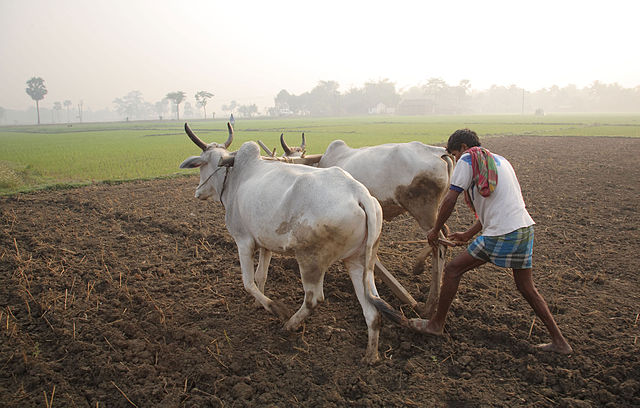
Why do countries vary in their relative levels of economic development? What is the relationship between economic development and human development? Why do poverty rates grow in some countries, remain unchanged in many, and decline in others? What actions can international organizations and national governments take to promote economic and human development? How can academic research inform the strategies of international organizations and national governments in their approach to promoting economic and human development?
This module addresses these questions through a political science lens, introducing students to the frontier of research on the role of democratic political institutions and social welfare policy-making in promoting economic and human development.
In the first half of the module, we examine how political institutional arrangements ensuring political accountability, the rule of law, and bureaucratic oversight contribute to economic development by changing the behavior of politicians and businesses. In the second half of the module, we examine how social welfare policies promoting gender, ethnic, financial, and ecological inclusivity contribute to human development by changing the behavior of individuals and communities. In both halves of the module, we examine how academic research shapes the strategies of policy practitioners in international organizations and policy makers in national governments for promoting development within nations.
- Module Supervisor: Allyson Benton